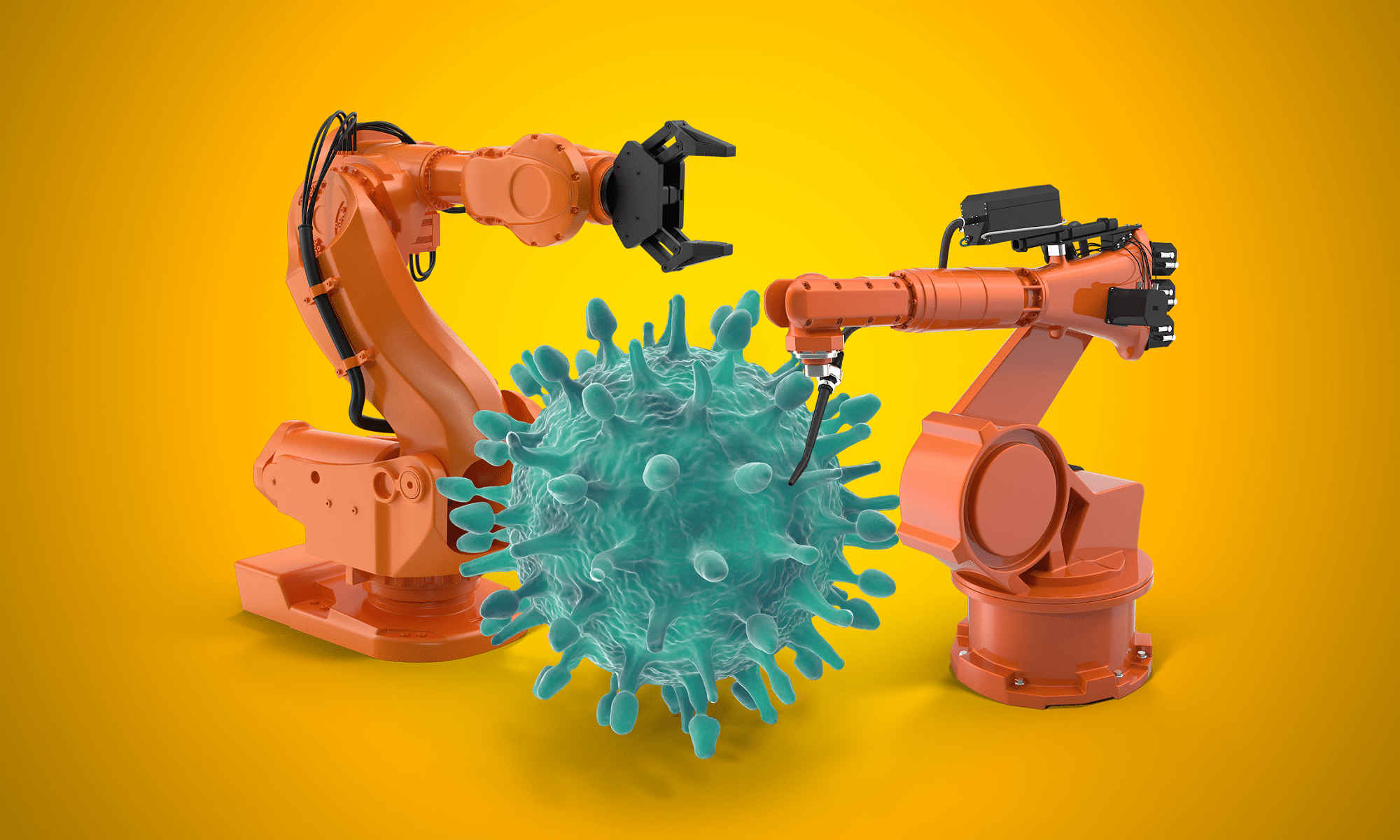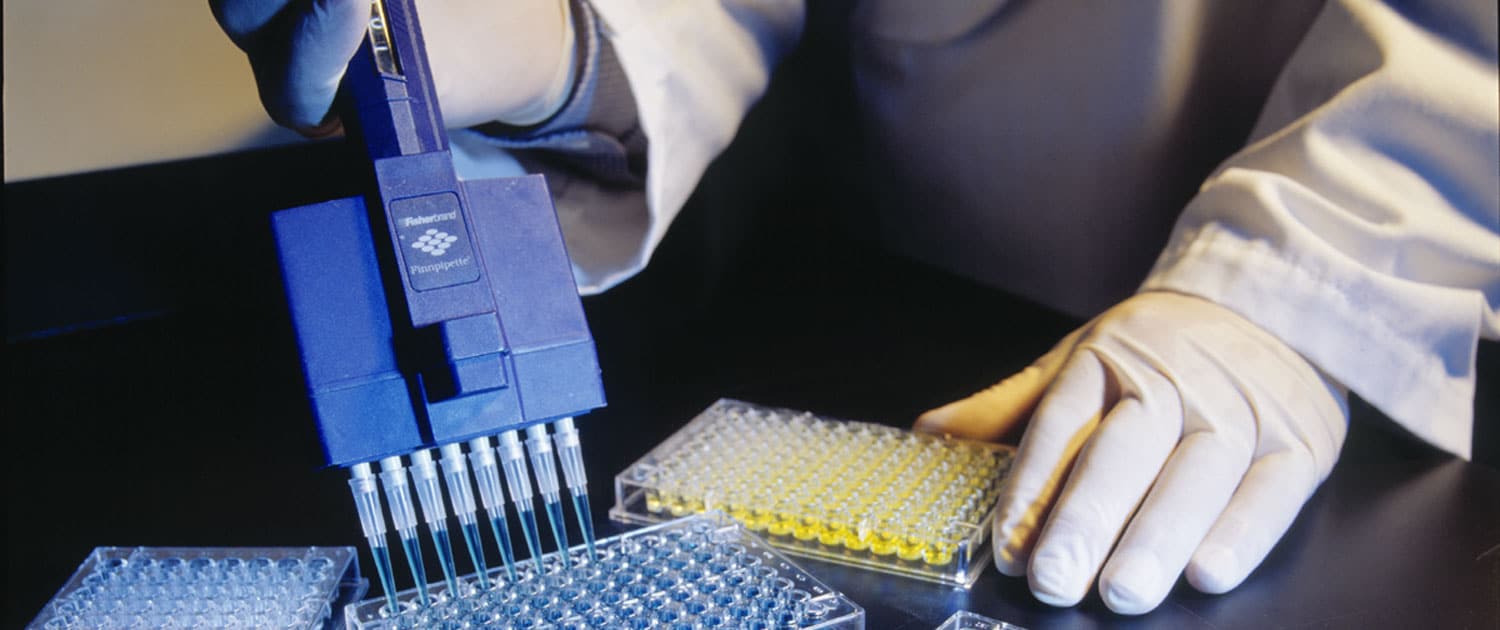As therapeutic approaches evolve, the testing and characterization methods for viral vector manufacturing need innovation to support these increasingly complex modalities. Like traditional therapeutics, testing is used to confirm product identity, purity, potency, and safety.
Differences in viral vector manufacturing require new approaches to testing and characterization. The shelf-life and quantity of material produced in one batch is limited compared to traditional biologics. By utilizing molecular-based methods of testing instead of traditional culture-based methods, the time to result and volume required for testing can be greatly reduced. Identifying relevant quality attributes and proper assay controls is necessary to confirm product identity.
Innovative analytical approaches to viral vector processing will consider risk in both raw materials and manufacturing methods. Utilizing quality by design approaches throughout the development process and leveraging templated manufacturing processes will help to implement and define assays for testing prior to the validation process. Aiming for a defined, templated manufacturing process with platform assays can streamline the production process, and ultimately ensure safe and well-characterized products for patients.
Read the full article: “Envisioning the Future of Analytical Development for Gene Therapies”
[starbox id=”MeganPease”]








